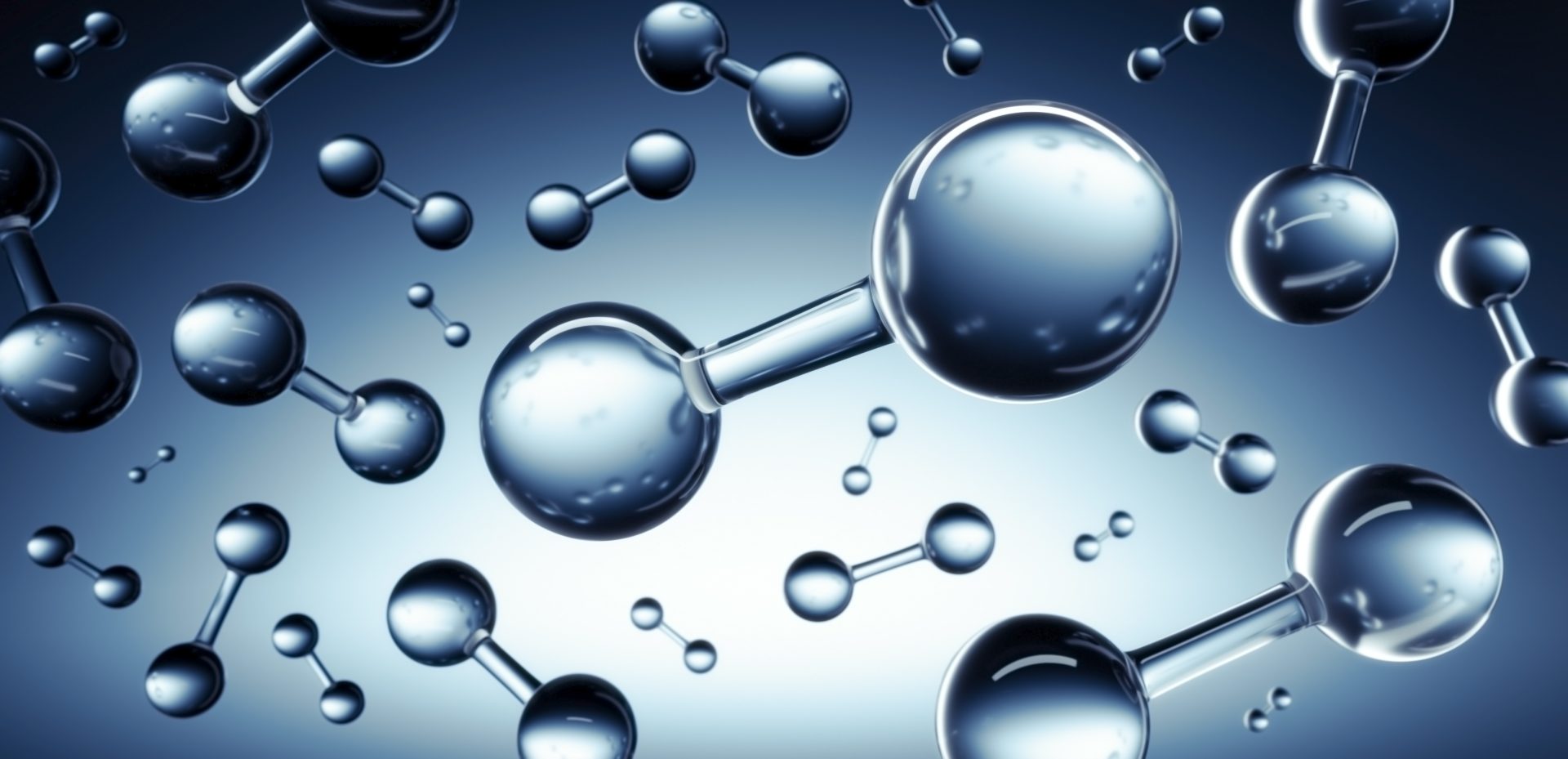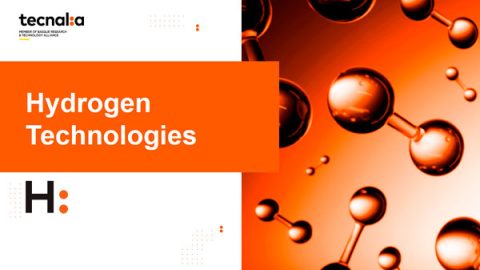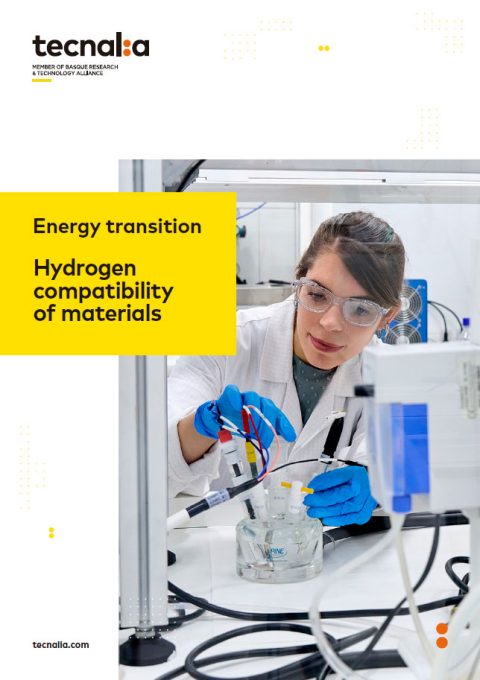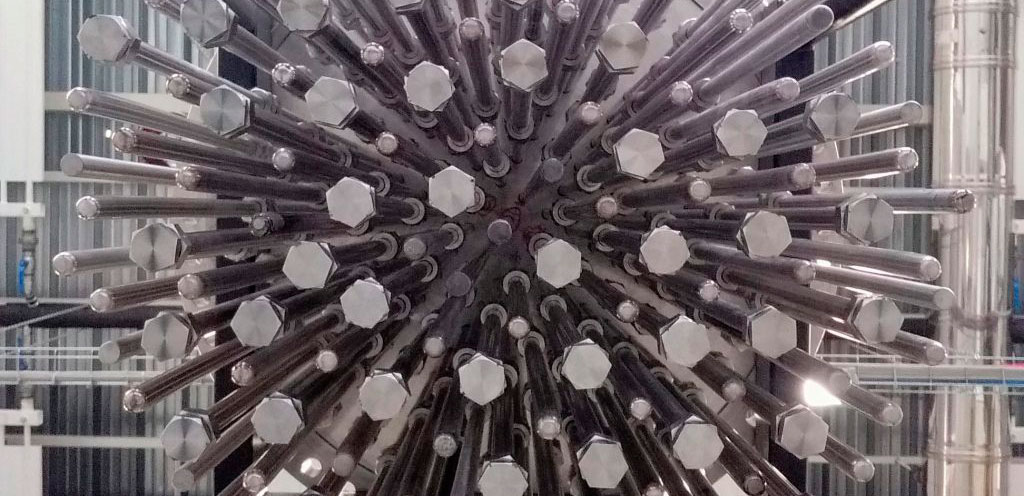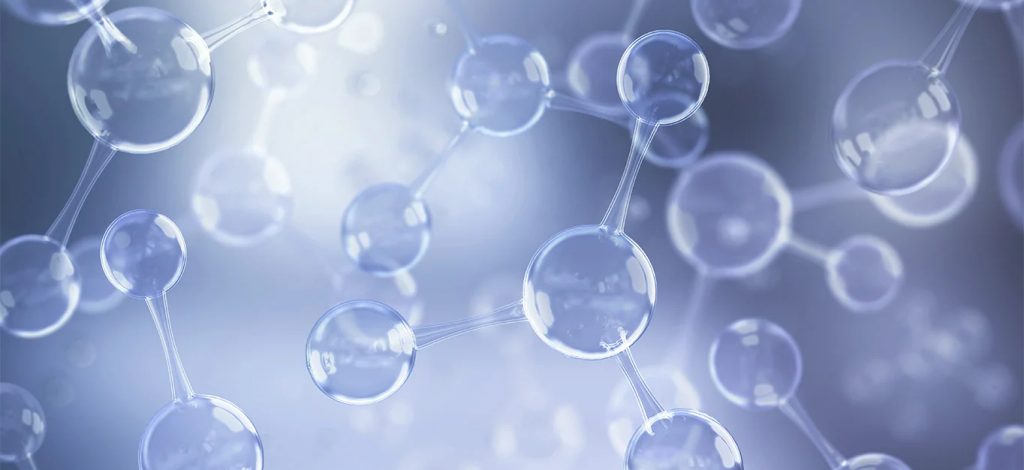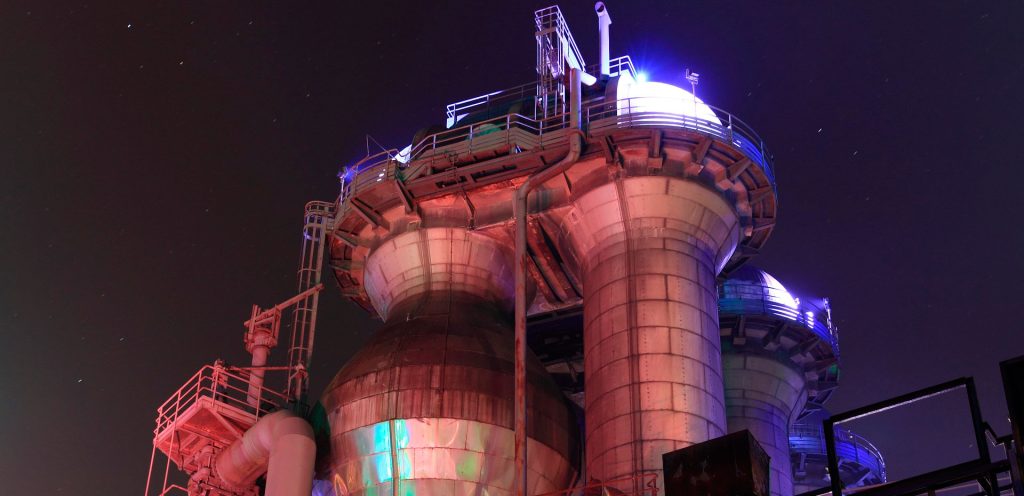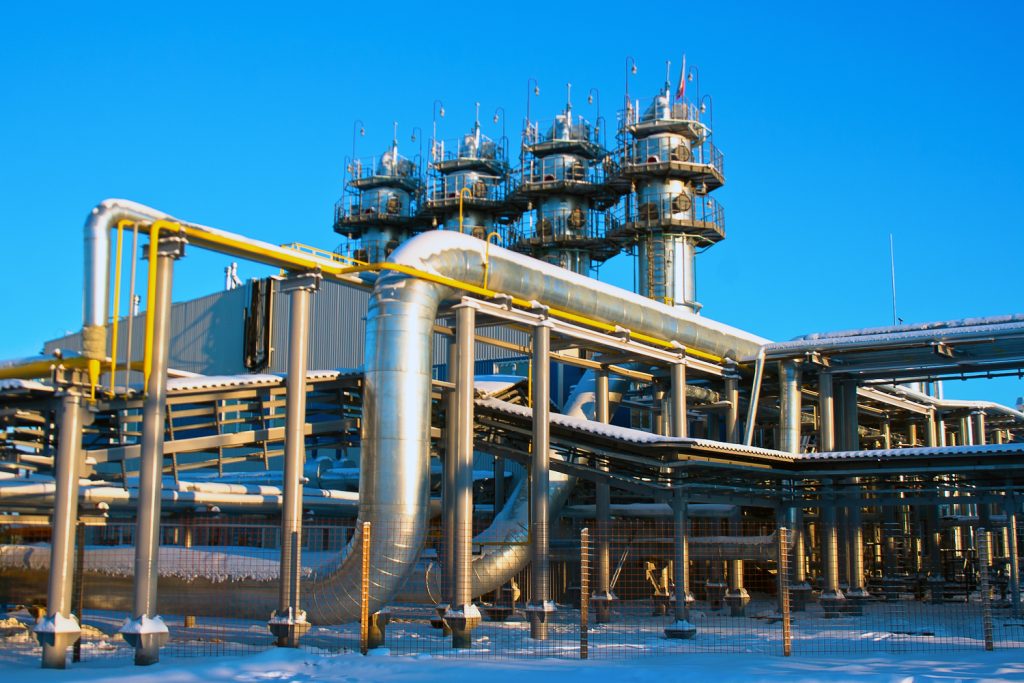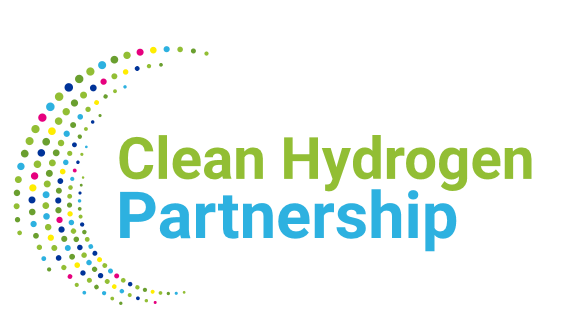We are involved in the adaptation of hydrogen transport infrastructure to distribute hydrogen from its production to the point of use, ensuring that its supply reaches all consumers, e.g. by transporting hydrogen through existing gas networks . In this field, we study the behaviour of materials in contact with hydrogen in order to avoid hydrogen embrittlement, and we work on membrane-based hydrogen separation to allow its final use.
We also support the development of materials and products that facilitate hydrogen storage and transport: tanks and pressure vessels, pipelines, valves, etc. It is essential to understand and know the effects of hydrogen on mechanical properties, in order to prevent and minimise the risk of failure in the infrastructure involved: pipes, tanks, compressors, etc.
We also work with various technologies (membrane reactors, millichannel reactors, etc.) to produce new energy resources (ammonia, dimethyl ether, formic acid, methanol, etc.), liquid carriers that allow H2 to be transported under operating conditions of pressure and temperature closer to environmental conditions, which means easier storage and transport and greater safety.

